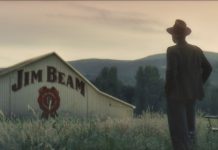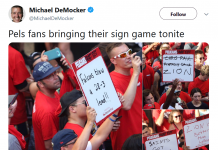Though my mother-in-law is of Turkish descent, she has mourned her husband’s death for more than 20 years with the fervor of an Italian widow, still grieving as if it happened yesterday —and abjectly rejecting her children’s encouragement to create a fulfilling life without him. “Once you’ve had the best, why bother looking for someone else?” she says. Mother-in-Law makes a good point. Yet I was insulted when she told me shortly after my mom died, “Don’t judge your father if he wants to find someone new.”
If what this wise woman had said was true, then she also was hinting that my parents’ bond didn’t compare to the one she had shared with her own life-long love. Turns out I may have been overthinking it. I suspect she saw by the look on my face that her words had stung because she added a caveat. “Widows have their women friends to support them,” she said. “Men are all alone. They don’t talk about their feelings.” Hmmmm. Maybe she wasn’t so wrong after all. Sexist, perhaps, but not hypocritical. Even the most ardent feminist can’t totally deny this fundamental difference between how men and women relate. At least not when you’re talking about The Greatest Generation.
My mom and dad were as opposite as two people can be. Mom was a warrior. Dad is an ostrich burying his head in the sand at the first sign anyone has stepped on the warpath. Mom was a homebody most content either on her own or in my father’s company. Dad is a bon vivant, delighting in new experiences and new people.
I had my doubts whether he would find the strength to take back his life after his wife of 54 years died. February 19th marks two years since that devastating day. Today, I am in awe of how he has begun writing the next chapter of his life. I share his story in my latest blog post.


















